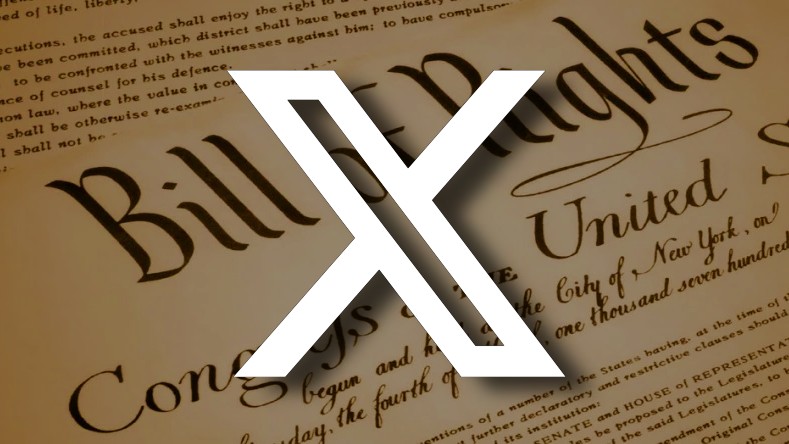The Federal Trade Commission (FTC) is taking Facebook’s parent company, Meta Platforms, to task over allegations that Meta’s acquisitions of Instagram in 2012 and WhatsApp in 2014 were anticompetitive. A recent ruling in the case allowed the FTC’s key claims to proceed, marking a significant step in the government’s effort to curtail what it alleges is Meta’s illegal monopoly over personal social networking (PSN) services. While some parts of the case were dismissed, the trial will focus on whether Meta’s past actions stifled competition and harmed consumers.
The FTC’s claims: Crushing competition through acquisitions
The FTC contended that Meta acted unlawfully to maintain its dominance in social networking by acquiring Instagram in 2012 and WhatsApp in 2014 to neutralize emerging competition. According to the agency, Instagram’s rapid rise as a mobile-first photo-sharing platform posed a direct threat to Meta’s efforts to establish a strong presence in the mobile space, where its applications were underperforming. WhatsApp, the FTC argued, was a leader in mobile messaging and had potential to expand into personal social networking, making it another significant competitive threat. The FTC alleged that Meta purchased these companies not to innovate but to eliminate rivals and consolidate its monopoly.
The case reached this stage after Meta filed a motion for summary judgment, seeking to have the case dismissed without trial. Meta argued that the FTC’s claims lacked sufficient evidence to support its allegations and that the acquisitions benefited consumers and competition. The court denied Meta’s motion in large part, finding that substantial factual disputes existed about whether the acquisitions were anticompetitive. The court determined that the FTC had presented enough evidence to show that Instagram and WhatsApp were either actual or nascent competitors when acquired.
The court’s analysis highlighted internal Meta documents and statements from CEO Mark Zuckerberg as particularly persuasive. These documents revealed that Instagram’s growth was a source of concern at Meta and that WhatsApp’s trajectory as a mobile messaging service could have positioned it as a future competitor. Based on this evidence, the court ruled that the FTC’s claims about the acquisitions merited a trial to determine whether they violated antitrust laws.
However, the court dismissed another FTC claim alleging that Meta unlawfully restricted third-party app developers’ access to its platform unless they agreed not to compete with Facebook’s core services. The court found that this specific allegation lacked sufficient evidence to proceed, narrowing the scope of the trial to focus on the acquisitions of Instagram and WhatsApp.
Meta’s defenses and their limitations
Meta of course pushed back against the FTC’s case, arguing that its acquisitions ultimately benefited consumers and competition. It claimed Instagram and WhatsApp have thrived under Meta’s ownership due to investments in infrastructure, innovation, and features that the platforms could not have achieved independently. Meta also contended that the FTC’s definition of the market for personal social networking services was too narrow, ignoring competition from platforms such as TikTok, YouTube, LinkedIn, and X.
However, the court rejected some of Meta’s defenses outright. For example, Meta was barred from arguing that its acquisition of WhatsApp was justified by the need to strengthen its position against Apple and Google. The court found this rationale irrelevant to the antitrust claims and insufficient as a defense. Meta’s arguments about broader market competition will be tested at trial, but the court found enough evidence to support the FTC’s narrower focus on personal social networking services.
Three Reasons Why This Case Matters:
- Defining Market Boundaries: The case could set new standards for how courts define markets in the tech industry, particularly when dealing with overlapping functionalities of platforms such as social media and messaging apps.
- Reining in Big Tech: A trial outcome in favor of the FTC could embolden regulators to pursue other tech giants and challenge long-standing business practices.
- Consumer Protection: The case highlights the tension between innovation and market power, raising questions about whether tech consolidation truly benefits consumers or stifles competition.
Case Citation
Federal Trade Commission v. Meta Platforms, Inc., Slip Copy, 2024 WL 4772423 (D.D.C. Nov. 13, 2024).








